Is E120 Halal? Understanding Its Halal Status and Alternatives
E120, also known as carmine or cochineal, is a common food additive used to give products a red or pink hue. However, for Muslims who follow halal dietary laws, the question arises: Is E120 halal?
Answer: E120 is Haram.
About E120
E120 is a natural dye derived from the cochineal insect, primarily found in South America. The insects are harvested, dried, and then crushed to produce the red pigment used in a variety of products, including foods, cosmetics, and textiles. While E120 is prized for its vibrant color, its origin from insects raises concerns about its permissibility in Islam.
Ingredients in E120
The primary ingredient in E120 is carminic acid, extracted from cochineal insects. The production process involves drying the insects and then processing them to extract the pigment. This natural dye is often used in foods like candies, yogurts, and drinks, as well as in cosmetics like lipsticks.
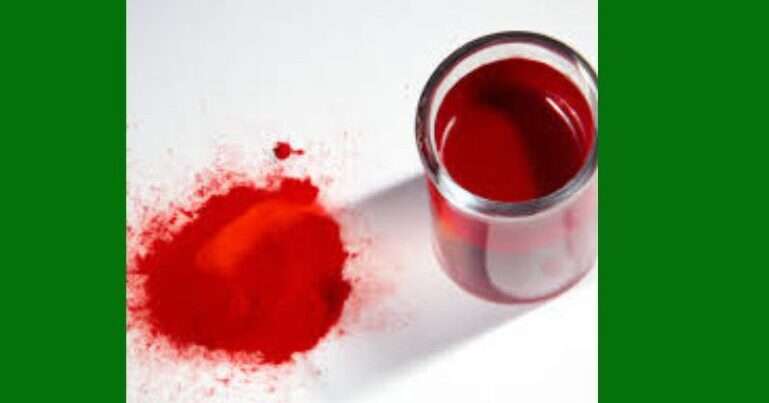
Is E120 Halal or Haram?
E120 is generally considered haram in Islam because it is derived from insects, which are not permissible to consume according to most Islamic scholars. The consumption of insects is prohibited in Islam, and since E120 is directly sourced from them, it falls under the category of haram. While some may argue that it is used in minimal quantities, the origin remains a significant concern, leading to its classification as haram.
Halal Alternatives to E120
For those seeking halal alternatives to E120, there are several options available. Natural colorants derived from plants, such as beetroot juice (E162) or paprika extract (E160c), are popular choices. These alternatives provide similar coloring effects without compromising halal dietary laws.
Final Take
E120, or carmine, is considered haram due to its insect-derived origin. For those adhering to halal dietary guidelines, it’s important to seek out alternatives and choose products that are certified halal. By being vigilant and informed, consumers can avoid haram ingredients and maintain their dietary practices.
Frequently Asked Questions
What products commonly contain E120?
- E120 is often found in red-colored foods like candies, yogurts, and beverages, as well as in cosmetics such as lipsticks.
Are there any halal-certified colorants similar to E120?
- Yes, alternatives like beetroot juice (E162) and paprika extract (E160c) are considered halal and are commonly used.
Is E120 used in cosmetics also considered haram?
- Yes, since E120 is derived from insects, it is considered haram in both food and cosmetic products.

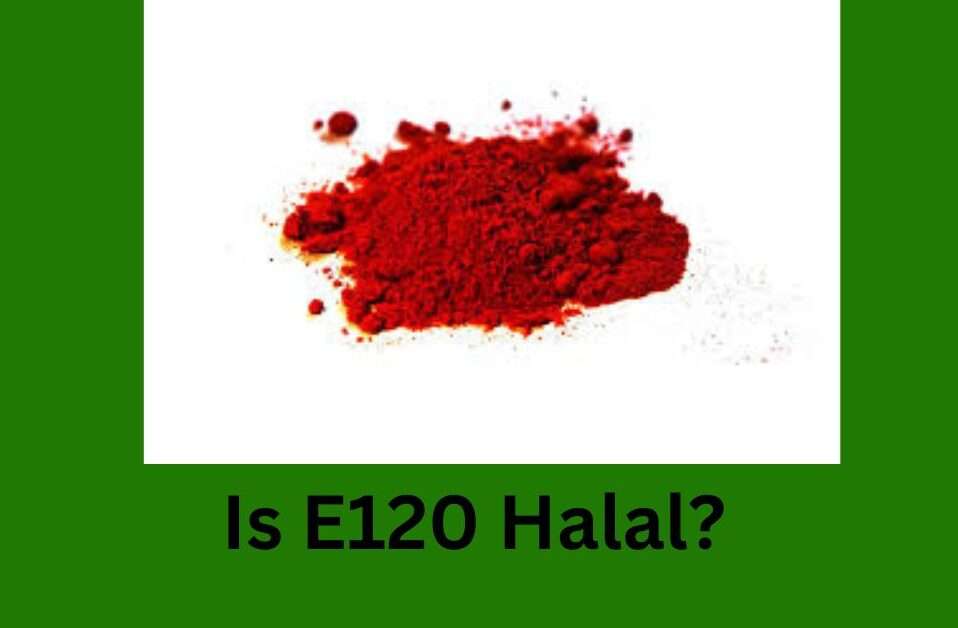
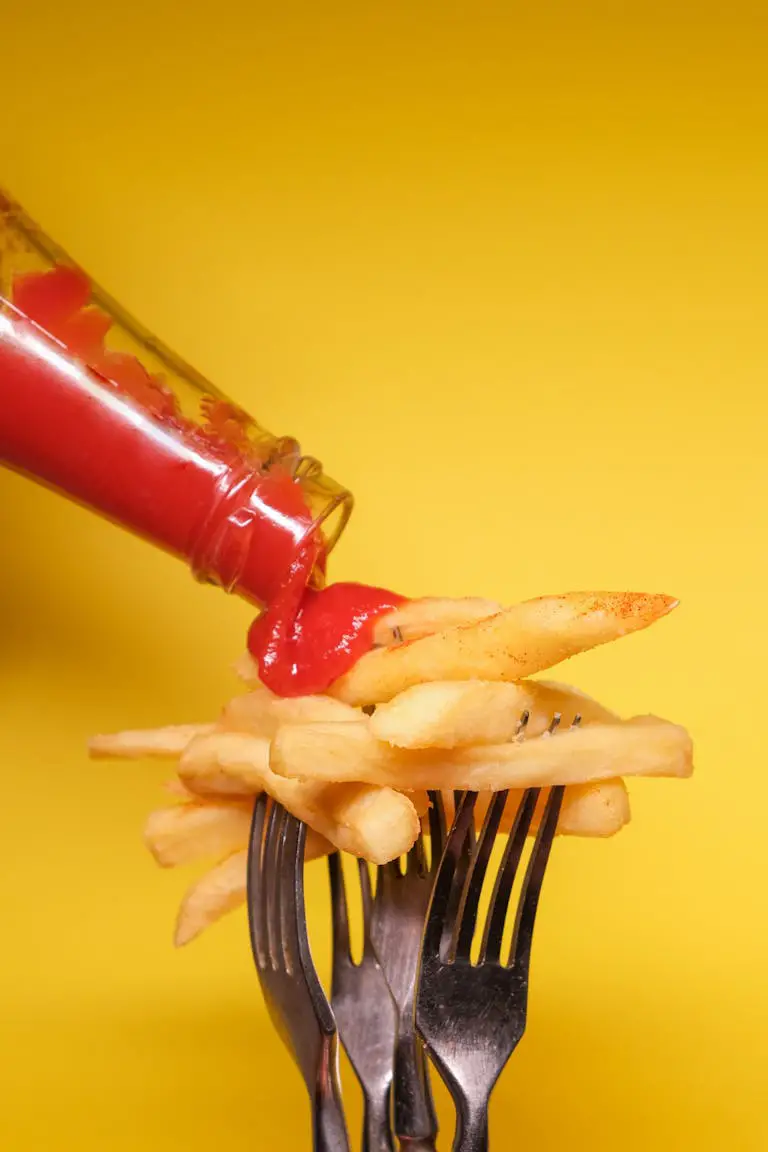
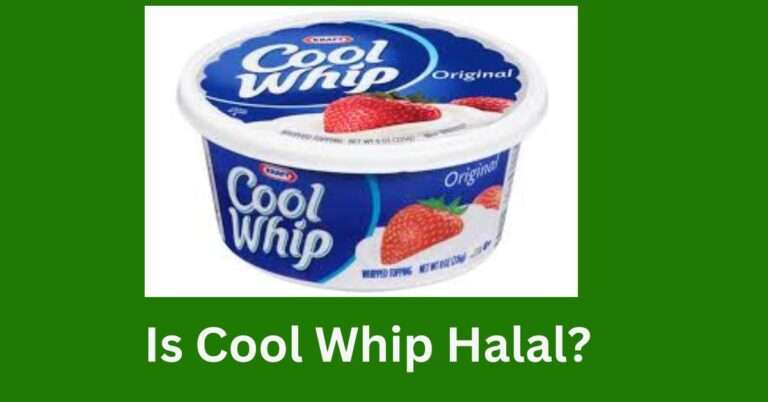
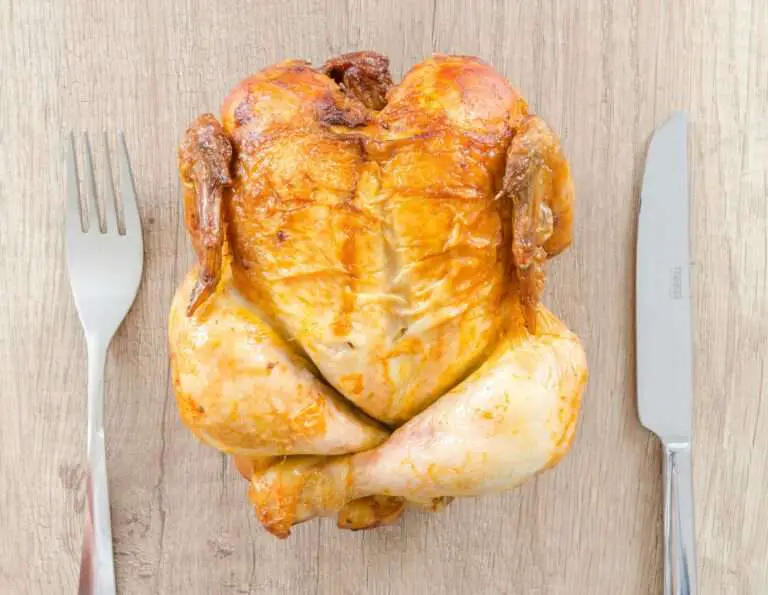

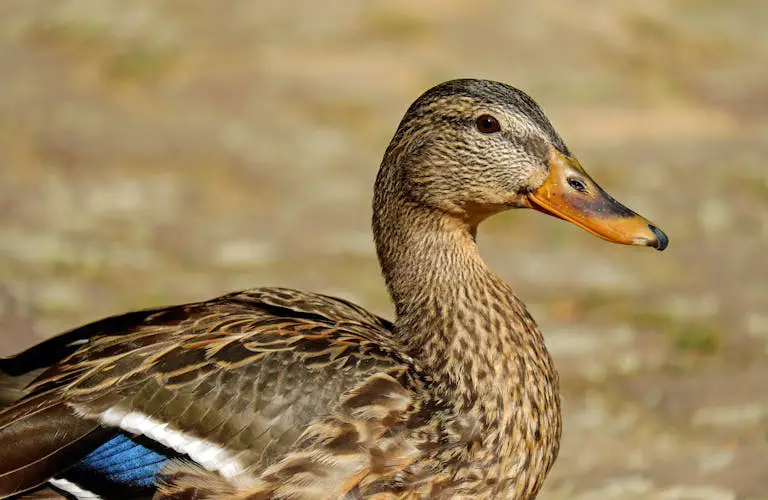
3 Comments